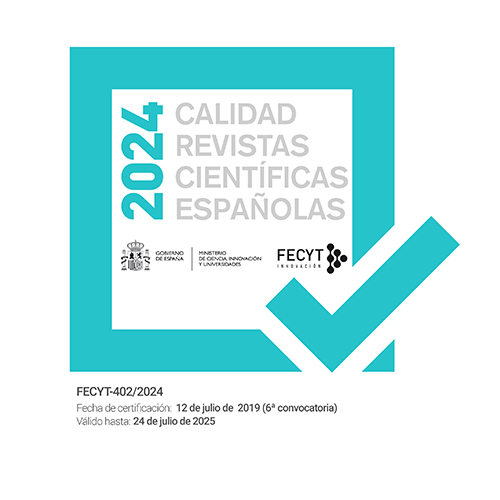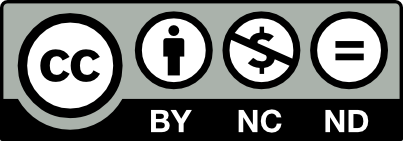Las sanciones del Consejo de Seguridad contra Al Qaeda y los talibanes: ¿son realmente inteligentes?
Palabras clave:
Las sanciones del Consejo de Seguridad contra Al Qaeda y los talibanes: ¿son realmente inteligentes?Resumen
This work analyses the questions of legitimacy, legality and efficiency arising from the sanctions adopted by the Security Council against Al Qaeda and the Taliban. These decisions must be understood within the framework of the recent «personalisation» of its coercive measures, known as «smart sanctions». This paper shows the evolution undergone by the Security Council’s work in this context and the procedure of drawing up the list of individuals and entities suspected of being connected to Al Qaeda and the Taliban. It will then study the main problems that the legal articulation and practical application of these sanctions pose: the Security Council’s capacity to adopt measures against individuals and private entities, its legal repercussions in relation to international human rights law and ius cogens, as well as its limited practical efficiency. This article concludes with a critical assessment of this legal construct and with a call for its urgent reform, introducing mechanisms to guarantee respect for individual fundamental rights. In particular, it advocates the setting up of a judicial or quasi-judicial independent organ with competence to review the decisions of Committee 1267. The establishment of those guarantees not only will not act in detriment to the efficacy of the system of sanctions analysed but rather will contribute to making them more effective.
Descargas
Descargas
Publicado
Número
Sección
Licencia
Derechos de autor 2023 Revista Española de Derecho Internacional

Esta obra está bajo una licencia internacional Creative Commons Atribución-NoComercial-SinDerivadas 4.0.





















